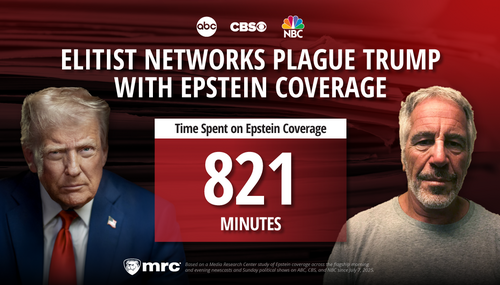 It seems like “healthy conversation” can now be a code word on the left for “censorship.”
It seems like “healthy conversation” can now be a code word on the left for “censorship.”
Twitter was forced to explain itself after Vice published a study on July 25 accusing Twitter of “shadowbanning” conservatives, including RNC chair Ronna McDaniel, Rep. Matt Gaetz (R-FL), Rep. Jim Jordan (R-Ohio) and Rep. Devin Nunes (R-CA). According to Vice, notable conservative figures didn’t show up in the Twitter search bar as suggested results, while progressive figures showed up immediately.
Twitter CEO Jack Dorsey responded in an almost accusatory tone, complaining that there was still “a lot more work to do to earn people’s trust.” Using vague language in his tweet, he referred to the actions that resulted in said “shadowbanning” as “conversational health work.” Conservative commentator David Burge called that statement “some next-level Orwellian.” Co-founder of Red 5 Studios Mark Kern referred to Twitter’s overall response as “obfuscation” and that it “undermines our entire democracy”
On July 26, President Trump addressed the controversy via tweet, saying, “Twitter ‘SHADOW BANNING’ prominent Republicans. Not good. We will look into this discriminatory and illegal practice at once! Many complaints.”
Dorsey’s tweet, which promoted a thread byhead of Twitter Product Kayvon Beykpour, tried to explain the decisions made by Twitter in order to achieve “conversational health work.” Dorsey wrote, “A short thread addressing some issues folks are encountering as a result of our conversational health work, specifically the perception of “shadowbanning” based on content or ideology. It suffices to say we have a lot more work to do to earn people’s trust on how we work.”
In the thread, Beykpour tried to explain away the results of the Vice study. He referred to the new algorithms set in May by Twitter that were meant to “improve the health of the conversation and improve everyone’s Twitter experience.” Beykpour denied that the algorithms made judgments “based on political views or the substance of tweets,” although that flies in the face of what Vice reported.
However, he stated that “some accounts weren’t being auto-suggested even when people were searching for their specific name. Our usage of the behavior signals within search was causing this to happen and making search results seem inaccurate. We’re making a change today that will improve this.” Note the non-apologetic tone in his choice of words. The search results weren’t inaccurate, they just seemed to be so.
World of Warcraft video game designer and co-founder of Red 5 Studios Mark Kern tweeted several critical responses to this thread: “Even now, you can’t plainly state what you are doing. This is obfuscation. You act as though machine learning and AI are inherently fair. AI is not neutral or impartial, it embodies the choices of its designers as to the inputs, variables, and especially, what is right or wrong as an outcome. We’d like to know what those choices are. Say them. Can you?”
He also blasted Dorsey for his “healthy conversation” standards, saying “Why do you get to decide for us what is “healthy?” . . . Installing machine censors that work in secret to display and shape opinions by the choices it makes on what is acceptable discourse in politics, religion, and life. It undermines our entire democracy.”
Robby Starbuck, a music video director, made an excellent point in response to Beykpour’s thread: “Something is wrong when Louis Farrakhan, Linda Sarsour, Louise Mensch, Peter Fonda and Kathy Griffin have zero issues with their accounts but the RNC chairwoman does.”
Burge, in a tweet thread about Twitter algorithms and in response to the Vice article, wrote, “After enough training examples of this, the machine might tell you words like ‘I don’t like nazis’ and ‘Ferentz’ were harbingers of evil.”
As of the morning of July 26, conservative political figures were finally appearing in the Twitter search bar. It seems Twitter modified that algorithm.





